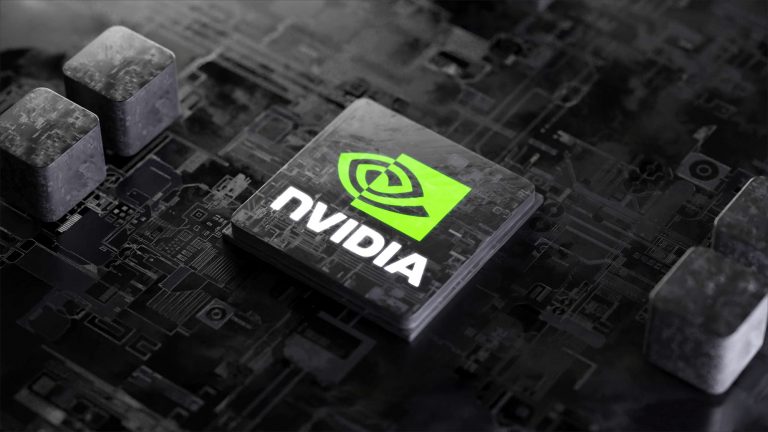- NVIDIA’s revenue has rocketed by 262% year-over-year to $26 billion
- US tech stocks cooled in April, but have promptly bounced back
- The hardware giant’s relentless rise shows no signs of stopping anytime soon
NVIDIA, firmly at the forefront of the AI revolution, delivered a stunning earnings report on Wednesday that far exceeded Wall Street‘s already lofty expectations.
The company’s Q1 revenue soared by an astonishing 262% from Q1 last to over $26 billion, an increase of 18% from the last quarter, while net income rocketed by more than 600% to $14.9 billion.
The chipmaker’s success was largely driven by the insatiable demand for its AI data center chips, as tech giants like Google, Microsoft, Meta, and Amazon shovel coal on their AI strategies.
NVIDIA’s data center revenue alone surged by 427% to $22.6 billion, underlining the company’s dominance in the AI hardware market.
This comes not long after NVIDIA and other tech stocks took a battering in late April, with the Nasdaq Composite dropping by 2.1%. That was a transient slip, as it’s risen over 6% so far this month.
“After Blackwell, there’s another chip, and we are on a one-year rhythm,” said NVIDIA CEO Jensen Huang, referring to the company’s next-generation AI chip set to launch this year.
Huang emphasized that demand for both the current Hopper chips and the upcoming Blackwell chips was “way ahead of supply,” a situation he expects to persist “well into next year.”
NVIDIA’s blockbuster results come amid intense competition as rivals AMD and Intel roll out their own AI data center chips and collaborate with its clients.
However, the company’s unbreakable pace of innovation and powerful position in the AI ecosystem has allowed it to maintain its lead.
Semiconductors and AI hardware are notoriously hard to manufacture, and NVIDIA has decades of research on others.
Catching up is proving exceptionally tricky, and for buyers, siding with other manufacturers over NVIDIA is still often viewed as a gamble.
NVIDIA reshuffles stock structure
In a surprise announcement, NVIDIA also revealed plans for a 10-for-1 stock split, effective June 7.
A stock split increases the number of outstanding shares while proportionately reducing the price of each share. In Nvidia’s case, the 10-for-1 split means that for each share an investor owns, they’ll receive nine additional shares.
It doesn’t directly affect the company’s market capitalization or the value of an investor’s holdings, but the lower price per share can make the stock more appealing to a wider range of investors.
That alone sent NVIDIA’s stock soaring by 8.3% in early trading on Thursday.
The company’s market cap now stands at around $2.3 trillion, making it the third-most valuable US-listed company, behind only Apple and Microsoft.
Analysts and industry experts were quick to praise NVIDIA’s performance. “NVIDIA beat on the data center [revenue] and beat across the board,” said Daniel Newman, CEO of The Futurum Group. “The whole market was waiting for this number, and NVIDIA delivered.”
As the AI boom shows no signs of slowing down, as some have speculated it will, NVIDIA appears well-positioned to maintain its leadership in the AI chip market.
How long will it last? How long is a piece of string? AI is unpredictable. Demand for chips could soar for decades or plummet imminently.
With tech firms worldwide poised to invest heavily in AI infrastructure throughout 2024 and beyond, NVIDIA’s growth trajectory looks set to continue for now, at least.


